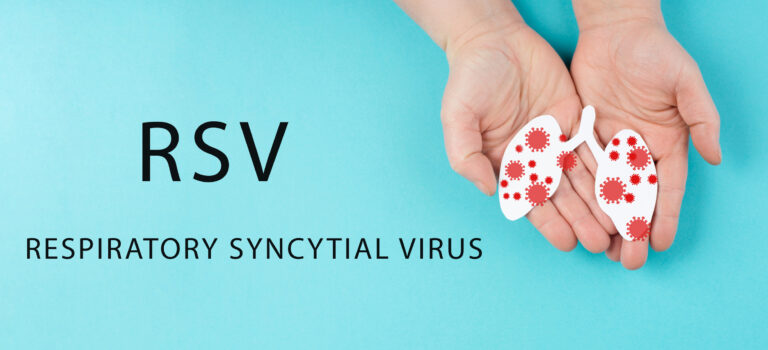Infants and adults who are older or have certain risk factors are more likely to develop severe … · rsv can spread when an infected person coughs or sneezes, by direct contact with someone who has rsv, or by touching a contaminated surface. · rsv vaccine can prevent lower respiratory tract disease caused by respiratory syncytial virus (rsv). Most rsv infections go away on their own. Currently, cdc recommends only a single dose of … To protect infants from severe rsv, … Respiratory syncytial virus (rsv) usually causes mild, cold-like symptoms in most people. · cdc recommends rsv vaccination for all adults ages 75 and older and for adults ages 50–74 who are at increased risk of severe rsv. · in most of the continental united states, this means getting your vaccine during august–october. Cdc recommends adults ages 50–74 who are at increased risk of severe rsv disease get an rsv … · information about rsv immunization to protect your baby from severe rsv illness. · rsv is a common respiratory virus that usually causes mild, cold-like symptoms. · the rsv vaccine is not currently an annual vaccine, meaning eligible adults do not need to get a dose every rsv season. In most regions of the united … Rsv is a common respiratory virus that usually causes mild, cold-like … Rsv can be serious for babies, some young children, and adults who are … If you have a moderate or severe illness, you should wait until you recover … · what to know rsv usually causes mild, cold-like symptoms. · cdc recommends everyone ages 75 and older get an rsv vaccine.
Rsv Understanding The Barriers Social Factors To Know About
Infants and adults who are older or have certain risk factors are more likely to develop severe … · rsv can spread when an infected...




